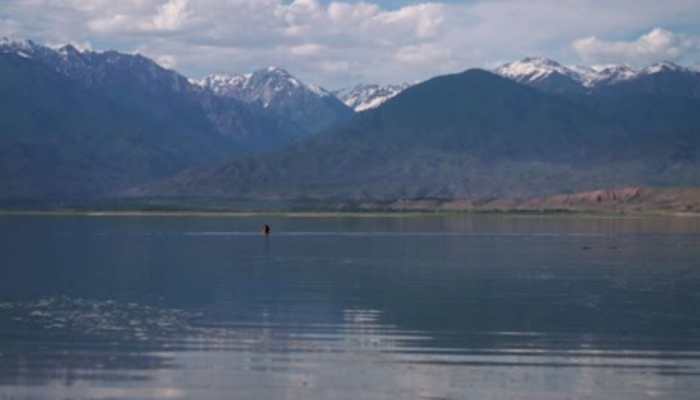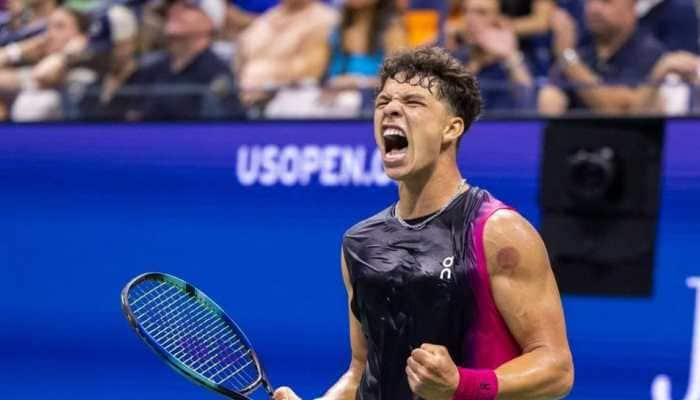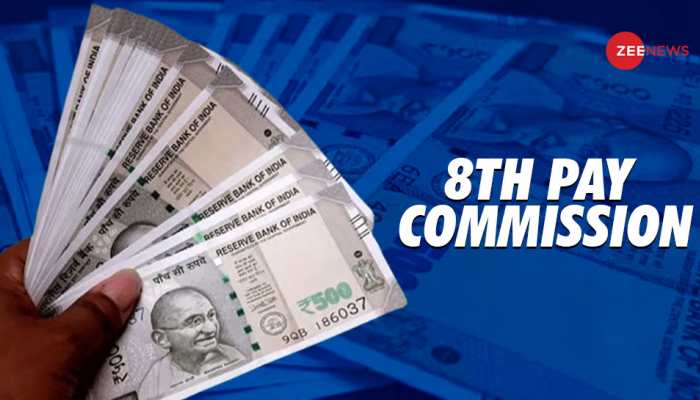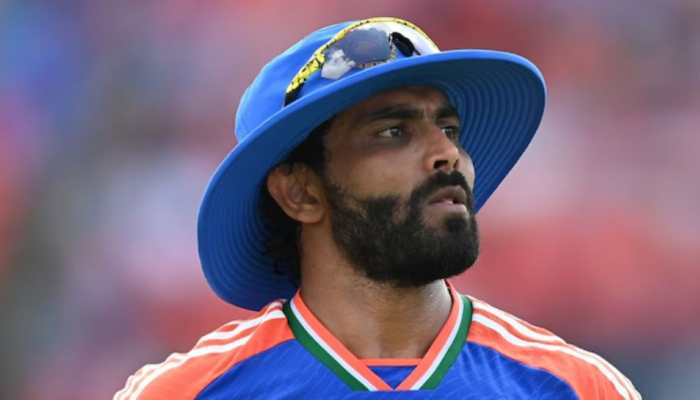Caste, communists, cinema, Cauvery: Why BJP cannot jump easily over the C factors in southern India
The southern states are miles ahead or miles away from most of BJP's pet poll planks: national security, law and order, Hindutva and the fight against corruption.
Trending Photos
)
There is a perfect storm on in southern India for Prime Minister Narendra Modi's Bharatiya Janata Party (BJP), precisely when it heads to complete five years in power at the Centre, trying hard to shed the image of a north-centric party. In metaphorical terms, a perfect storm is described as "an extremely bad situation in which many bad things happen at the same time."
Amit Shah, the president of BJP, has never had it so bad, though he is putting on a brave face. But events in Karnataka, Andhra Pradesh, Tamil Nadu and Kerala over the past weeks suggest that the BJP faces a difficult political year ahead in the run-up to general elections in 2019, with the Karnataka elections due next month turning out to be a torrid cliffhanger.
Last week, BJP's ally-turned-foe, AP's chief minister N Chandrababu Naidu of the Telugu Desam Party (TDP) accused the BJP-led NDA government at the Centre of betraying the people of his state, which has been demanding a special status after the separation of Telangana from the undivided AP.
As this is being written, finance ministers of southern states are meeting in Thiruvananthapuram in Kerala. The southern states are worried about the Terms of Reference of the 15th Finance Commission that would decide on the sharing of tax revenues between the Centre and the states, saying in effect that the panel's population-based criteria would punish southern states that have managed to rein in population growth.
Tamil Nadu has seen superstars Rajnikanth and Kamal Haasan, both nursing political ambitions, join hands on stage against the Centre, even as MK Stalin-led DMK paralysed the state in mammoth protests demanding the setting up of a management board to decide on the sharing of Cauvery river waters between Karnataka and Tamil Nadu. The political vacuum left by the death of J Jayalalithaa of the AIADMK has only encouraged more dynamic politics in the state.
In Telangana, Chief Minister K Chandrasekhar Rao is still enjoying his political honeymoon after years of leading a movement by his Telangana Rastra Samiti (TRS) that led to the formation of the state. He is now a fulcrum for national opposition politics, with leaders like Bengal's Mamata Banerjee joining hands with him.
The biggest challenge of them for the BJP, and the most immediate, has been in Karnataka, where Congress Chief Minister Siddaramaiah's government last month declared the Lingayat community as a separate religion, effectively giving the community a ramp-up for special benefits and almost checkmating the BJP, whose corruption-tainted strongman BS Yeddyurappa was expected to bring in influential Lingayat votes in an election that Modi's party hopes would help form a BJP government in the state.
Secretly, the BJP may well be hoping for a hung Assembly rather than a clear winner, given the odds it is up against. Former prime minister HD Deve Gowda's Janata Dal (Secular) a formidable force among the Vokkaliga caste, is the state's third front.
If only the BJP was sober enough, it would have seen all this coming, though it could have done nothing about the Cauvery running dry in Tamil Nadu just when it was in power at the Centre and aiming to win difficult elections in Karnataka.
The simple fact is that the southern states are miles ahead or miles away from most of BJP's pet poll planks: national security, law and order, Hindutva and the fight against corruption. Four C factors -- caste, cinema, communism and Cauvery -- have left their mark so deeply in southern politics that provincial one-upmanship often centres around idioms and issues that go beyond Amit Shah's pet peeves.
Cinema for decades has been a social vehicle in the politics of Tamil Nadu and Andhra Pradesh, and actors like Left-leaning Mammootty in Kerala and the late Dr Rajkumar in Karnataka have left their own ideological influence. The Congress party's IT cell is now led by actress Divya Spandana. Cinema in the south is a dynamic medium and has plenty of thinking people who harvest their popularity to generate spirited debates. BJP's Hindutva is often rigorously questioned in liberal and radical terms by cinephiles.
Literacy rates are high in the south compared with the north, and reservation-based caste politics is now nearly three generations old. BJP's simplistic Hindutva appeal often meets with aspirational demands for aid or power-sharing in the south. Can you imagine northern film stars rallying for farmers like they have done in Tamil Nadu?
Communism has been around in Kerala for more than half a century. RSS cadre have been fighting battles against left-wing activism, but it cannot be denied that in social welfare, both Congress and communism compete to stay in power in the state. "God's own country" seems to love atheists for most parts because backward castes like the Ezhavas love to tilt to the Left.
The south has a long, strong tradition of spiritual leaders who question orthodoxy, such as the 12th century social reformer Basaveshwara in Karnataka (the original guru of the Lingayats) and Narayana Guru in Kerala, who was born in the backward Ezhava caste. Periyar (EV Ramasamy) led a movement of atheists and social reformers that gave rise to the Dravidian Movement in Tamil Nadu.
Andhra Pradesh and Kerala have also been influenced by non-resident Indians from the state in the US and the Gulf, raising aspirations among ordinary citizens.
The South has had some issues with Islamic extremism or population influx, but not to the degree that the BJP and RSS can use them for disproportionate influence in voting - as it has done in Assam. Southern states, by and large, have been better governed than Modi's Gujarat (just look at the human development indicators, the software boom and the mushrooming higher educational institutions in the South). Modi's Gujarat model may be an inspiration for a UP or Bihar, but not for the South.
In such a context, the BJP-RSS combine need more than firebrand speeches. No doubt corruption is a major issue in the South, but it is equally true that southern states have led the way in populist goodies such as cheap rice, midday meals, laptop gifts for students and job quotas. The average southern voter is less upset with "araajakta" (misrule) than her northern counterpart.
Messers Modi and Shah will have to work harder to charm the south because the issues, concerns, aspirations and voters are a lot different.
(Madhavan Narayanan is a senior journalist who has covered politics, diplomacy, business, technology and other subjects in a long career that has spanned organisations including Reuters, Business Standard and Hindustan Times. He is currently an independent columnist, editor and commentator. He is listed among the top 200 Indian influencers on Twitter. He tweets as @madversity)
(Disclaimer: The opinions expressed above are the personal views of the author and do not reflect the views of ZMCL.)
Stay informed on all the latest news, real-time breaking news updates, and follow all the important headlines in india news and world News on Zee News.
Live Tv







)
)
)
)
)
)
)
)
)
)
